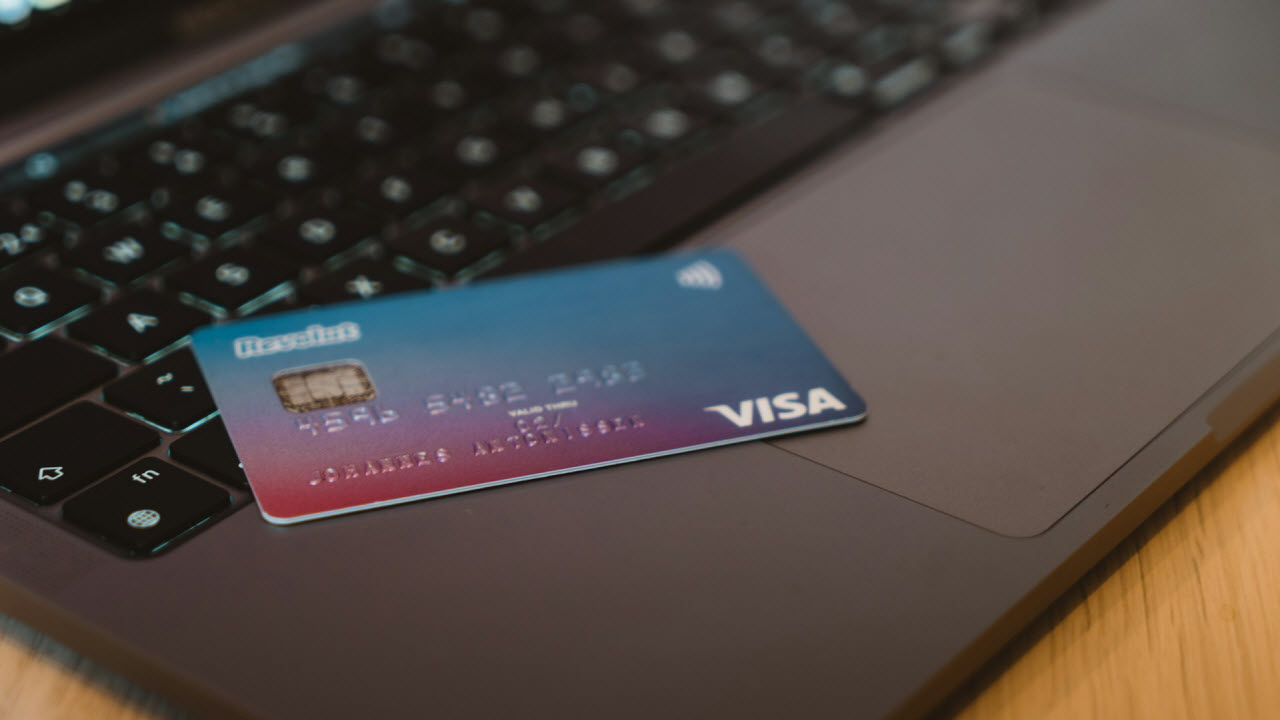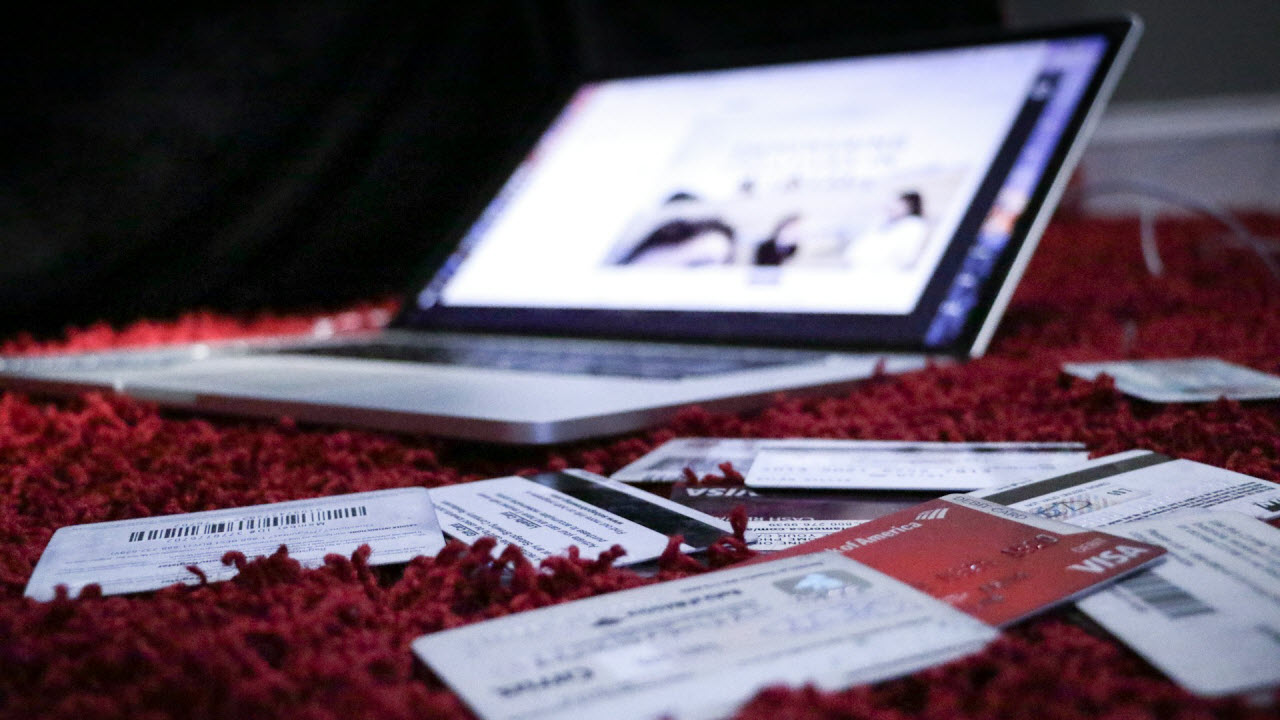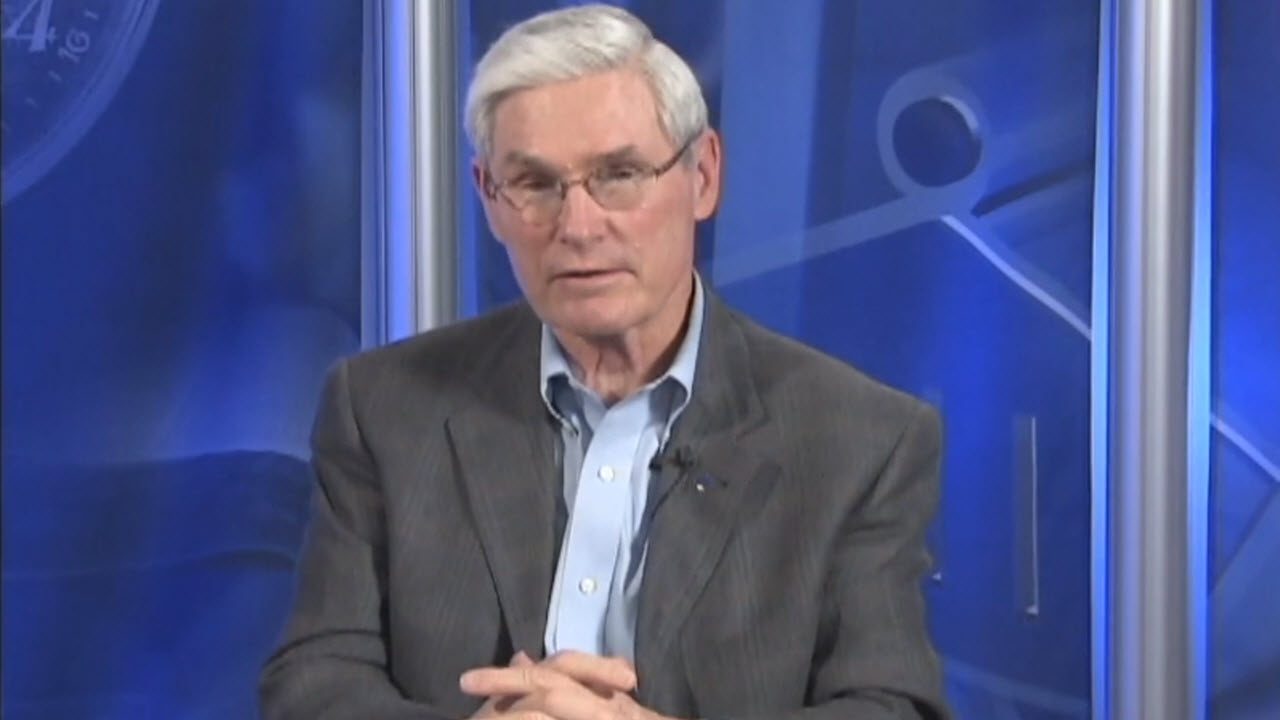Kill That Unused Account
Americans have an average of four credit cards. Do you need that many? How many is enough?

Too often we hang on to credit cards we no longer use. This provides an invitation to identity thieves to run up charges in your name. Canceling unused credit accounts is a good idea, if done properly.
Christians should always take Proverbs 10:4 seriously. It reads, “A slack hand causes poverty, but the hand of the diligent makes rich.” We certainly don’t want to have a slack hand” when managing credit cards. Here at FaithFi, we get a lot of questions about credit cards and two of them go something like this: “If I close a credit card account, will it affect my score?” And, why will it affect my score?”Your credit score will drop a little after closing an account. Most people are surprised by that because it seems like they’re being punished for doing the right thing. Actually, it comes down to mathematics and complicated computer algorithms, which are just sets of rules that solve problems in a limited number of steps.
Algorithms live in computer models that give you more credit score points for having three things:- Long standing accounts
- More available credit
- And more kinds of accounts, such as a credit card, a car loan and a mortgage
Why is that? It’s simply because having old accounts, unused credit and more kinds of accounts are signals to lenders that you’re more likely to pay them back.
Is a slight drop in your credit score really something to worry about when you close an account? Usually not, but there’s one occasion when it could be important.
If you’re shopping for a mortgage or some other kind of loan, you want the highest credit score possible. Lowering it by even a few points could put you in a lower range of scores and that could affect the interest rate you’re offered. A higher interest rate means more money out of your pocket every month.
In most cases, however, when you’re not seeking a loan, a slight drop in your credit score means very little. You’ll quickly make that up if you keep the outstanding balances below 30% of available credit on your remaining accounts and you make your payments on time.
Another question we sometimes get is, “Why bother closing an account after you’ve paid it off, especially if it’s going to cost you points on your credit score?” There are at least two good reasons.- First, it eliminates the temptation to use the account if you run into an unexpected financial problem. That’s why you need an emergency fund for ties when the car breaks down or the water heater starts giving you cold showers.
- Second, preventing identity theft. Your account can’t be hacked if it’s closed, preventing thieves from running up charges in your name. The odds are you can have those charges dropped after an investigation, but who needs that headache?
- Pay off any remaining balance. Then check for any recurring charges on the account and cancel or transfer them.
- Call the card issuer and tell them to cancel the account. You may want to follow up by writing an email or letter to your credit card issuer to confirm your card has been canceled.
- Finally, check your credit reports at all three credit bureaus— Experian, TransUnion and Equifax— to make sure the account has been closed. You can get them for free at AnnualCreditReport.com. If you see one that’s reported as still open, follow up with the card issuer. It may take a month or so for the closing to appear on your report.
Related Articles

May 21, 2025
The Danger of Buy Now, Pay Later

May 18, 2025
The Hidden Danger of Buy Now, Pay Later
In a culture of instant gratification, it's easier than ever to get what we want, even if we can't afford it....

March 2, 2025
What is good debt vs. bad debt?
Is all debt bad? Or does some good debt exist? Here are the biblical principles to discern the difference....